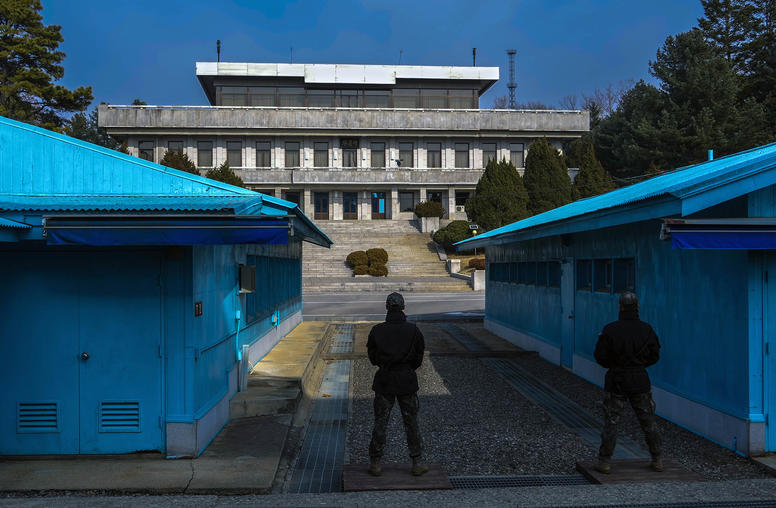Speaking of Violence Survey Research on Political Violence
Suicide terrorism and Islamist militancy are on the upsurge, but our understanding of their root causes and our ability to devise effective responses lag far behind. What motivates individuals to use violence? What can be done, and by whom, to undermine their incentives to commit violent acts?
This panel brings together a group of scholars who have been in the field in recent months talking to militants and their families. The speakers will cover Israel/Palestine, Egypt, Saudi Arabia and Pakistan, paying considerable attention to individual motivations and the social contexts of violence.
Speakers
- Nicole Argo, MIT, USIP grantee
- Brian Barber, University of Tennessee, USIP grantee
- Mohammed Hafez, University of Missouri, USIP grantee
- Mansoor Moaddel, University of Michigan, USIP grantee
- Christine Fair, U.S. Institute of Peace
- Taylor Seybolt, U.S. Institute of Peace, Moderator
Media Inquiries
Please contact the Office of Public Affairs and Communications at 202.429.3832.




